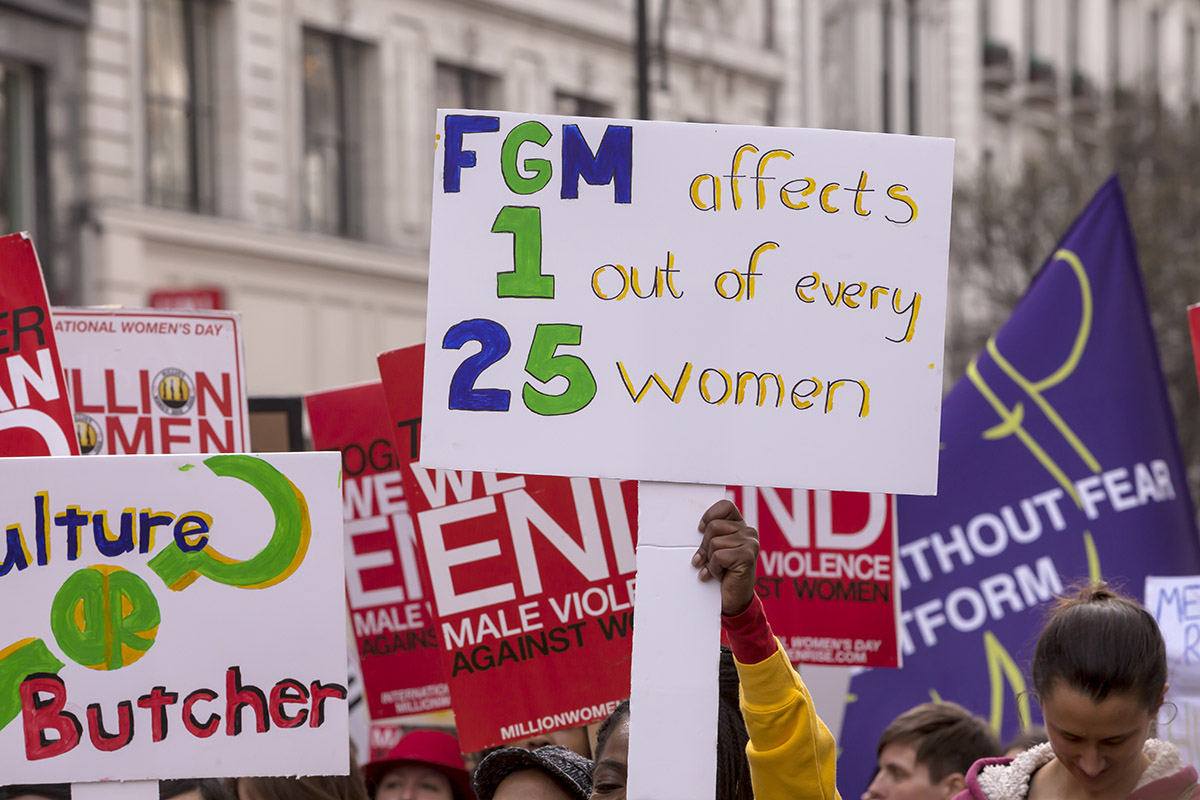The Gambia considers repeal of ban on Female Genital Mutilation
April 1by Ruhamah Ifere
Barely 10 days past the 2024 commemoration of International Women’s Day, women and girls in The Gambia are facing a potential infringement of their human rights, ironically, by the institution that ought to promote and protect the rights of girls.
There has been an uproar, and rightly so, since lawmakers in The Gambia made an attempt to repeal the 2015 Ban on Female Genital Mutilation (FGM). Such a repeal is repugnant to natural justice, equity and good conscience. The outcome of such a repeal, if successful, will lead to the stifling of the voices of girls and women and open the door to more human rights violations.
Female Genital Mutilation affects at least 200 million women globally. It is the cutting and removal of parts of the female genitals and a form of Gender Based Violence that violates the Human Rights, the health and integrity of girls and women leading to serious health implications – vaginal infection, urethra infection, HIV, pain during sex, menstrual pain, difficulty in childbirth and even death.
According to an estimate by the United Nations, almost three-quarters of women and girls ages 15 to 49 in The Gambia have undergone FGM. Gambia’s former leader, Yahya Jammeh, banned the practice in 2015. Nine years after, only two FGM cases have been successfully prosecuted.
With Sustainable Development Goal 16 as its premise, the importance of strong Institutions cannot be overemphasized. An institution like the Legislature, saddled with the responsibility of making policies that are for the good of the citizens should be made up of leaders/lawmakers who have at heart, the best interest of everyone, irrespective of their gender. However, the reverse seems to be the case given the recent move of lawmakers in The Gambia.
Although The Gambia is a sovereign country, other African countries should speak up against this atrocity.
There should be stiff penalties for The Gambia if the ban is repealed to deter other countries that may want to follow suit, especially given that The Gambia is signatory to international laws which are binding.
This crucial period further emphasizes the need for more females in parliament to advocate for policies that will help promote the rights of women and girls. In The Gambia, only five women made it to the 58-member Parliament after recent elections. Despite women making up more than half of the Gambian population, they account for less than nine per cent of lawmakers.
Together, we must redouble our efforts to protect the rights and dignity of girls and women everywhere and ensure a future free from the harmful practice of FGM.






